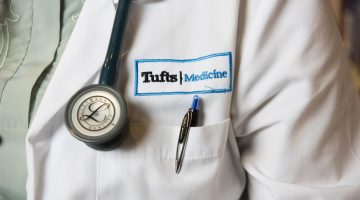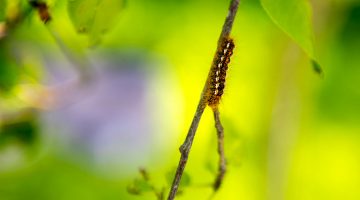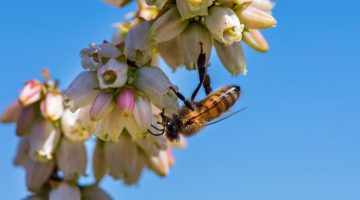AP reports on Groden’s browntail moth research
The Associated Press reported on browntail moth research being conducted by Eleanor Groden, a professor of entomology in the School of Biology and Ecology at the University of Maine. The browntail moth’s caterpillars have toxic hairs that can cause respiratory diseases and rashes that resemble poison ivy, the AP reported. Groden is looking into how […]
Read more


